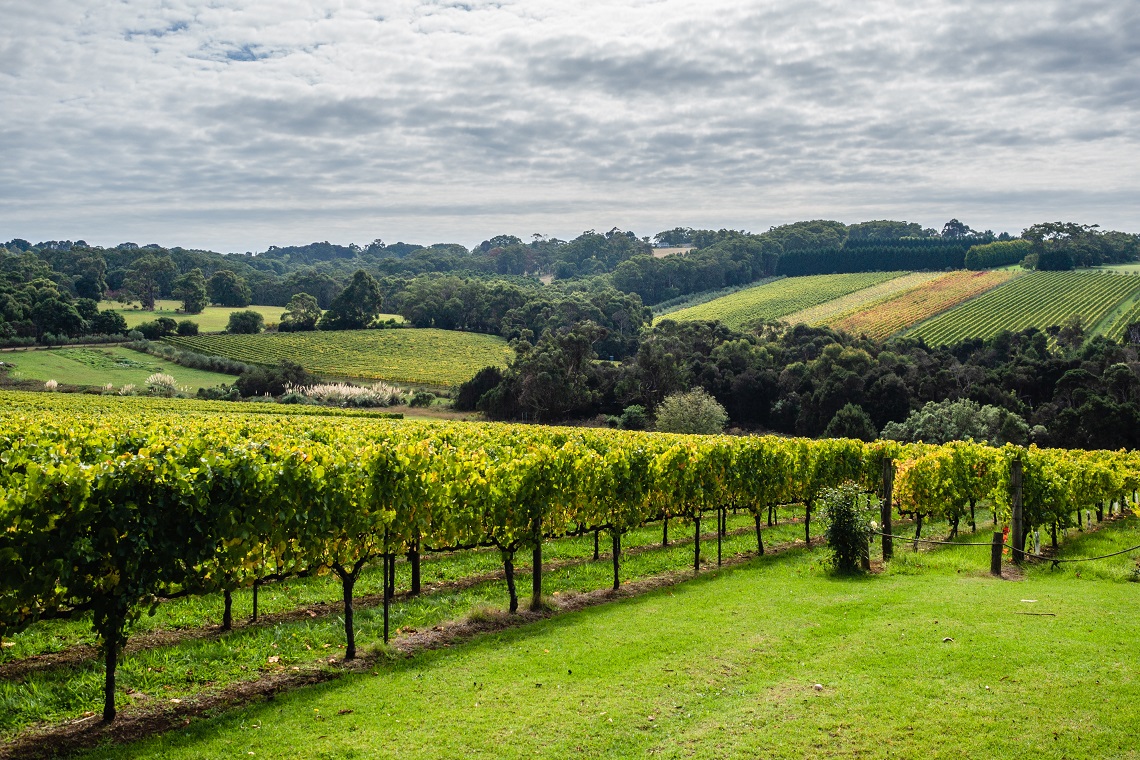Organic wine currently represents only a small percentage of the global still wine industry, however new research from IWSR Drinks Market Analysis predicts a rapid increase over the coming years.
The growth, according to the IWSR Organic Wine Report, will be fuelled by growing consumer sentiment for sustainability and organic products.
The report forecasts that by 2022, worldwide consumption of still wine is projected to reach 2.43bn nine-litre cases. The organic wine subcategory is expected to post the strongest increases (+9.2 per cent compound annual growth 2017-2022).
“Overall, total still wine volume is increasing slightly but remains largely flat, while the organic wine market is forecasted to reach 87.5m cases by 2022,” said Mark Meek, IWSR’s CEO.
“Much of that growth is being driven by Europe, which will account for 78 per cent of the global organic wine market by 2022. The Americas will represent about 12 per cent of total organic wine consumption.”
The definitions and guidelines for producing organic wine and using the ‘Australian Certified Organic’ label are set out in the Australian Certified Organic Standard. Australian Organic’s certification subsidiary Australian Certified Organic (ACO), along with other approved and accredited certification agencies, carries out audits on businesses including producers through to retailers and all links in the chain in between to ensure that they maintain conformance with this Standard.
Businesses in compliance are licensed to display the ACO logo on packaging and marketing material, which is the purchaser’s guarantee that what they are buying is truly organic.
Organic wine is made from grapes grown without the addition of synthesised chemical fertilisers, pesticides, herbicides or fungicides. Organic certifying bodies also place restrictions on the amount of sulphur dioxide that can be added to the wine and the chemical fining agents used in the winemaking process.
In Australia the demand for organic wine is continuing to grow and the rise in both the quality and the quantity of organic wines available is a factor in this growth.
As the report highlighted consumers are becoming more knowledgeable about businesses and products as a whole being more sustainable and the ethical nature of farming, for many, has them turning towards organic wines as well.
Last year TheShout reported that Cellermasters’ organic wine sales increased by 400 per cent in just 12 months, while a number of wineries are converting to organic principles.
One such winery is Voyager Estate, which is transitioning 40 hectares to organic certification, with Steve James, Voyager’s Manager Winemaking & Viticulture telling TheShout: “There is the focus on trying to make wines that truly reflect the soil and the character of our vineyard as much as possible. I think we are claiming to make wines of terroir then you need to be managing your vines, if not organically, then pretty close.
“Also, a big one for me is farming in a more ecological way; working with nature as much as possible rather than trying to control nature.”
The IWSR Report shows that the total global organic area under vine has increased by 234 per cent since 2007 and in 2017 surpassed 400,000 hectares.

